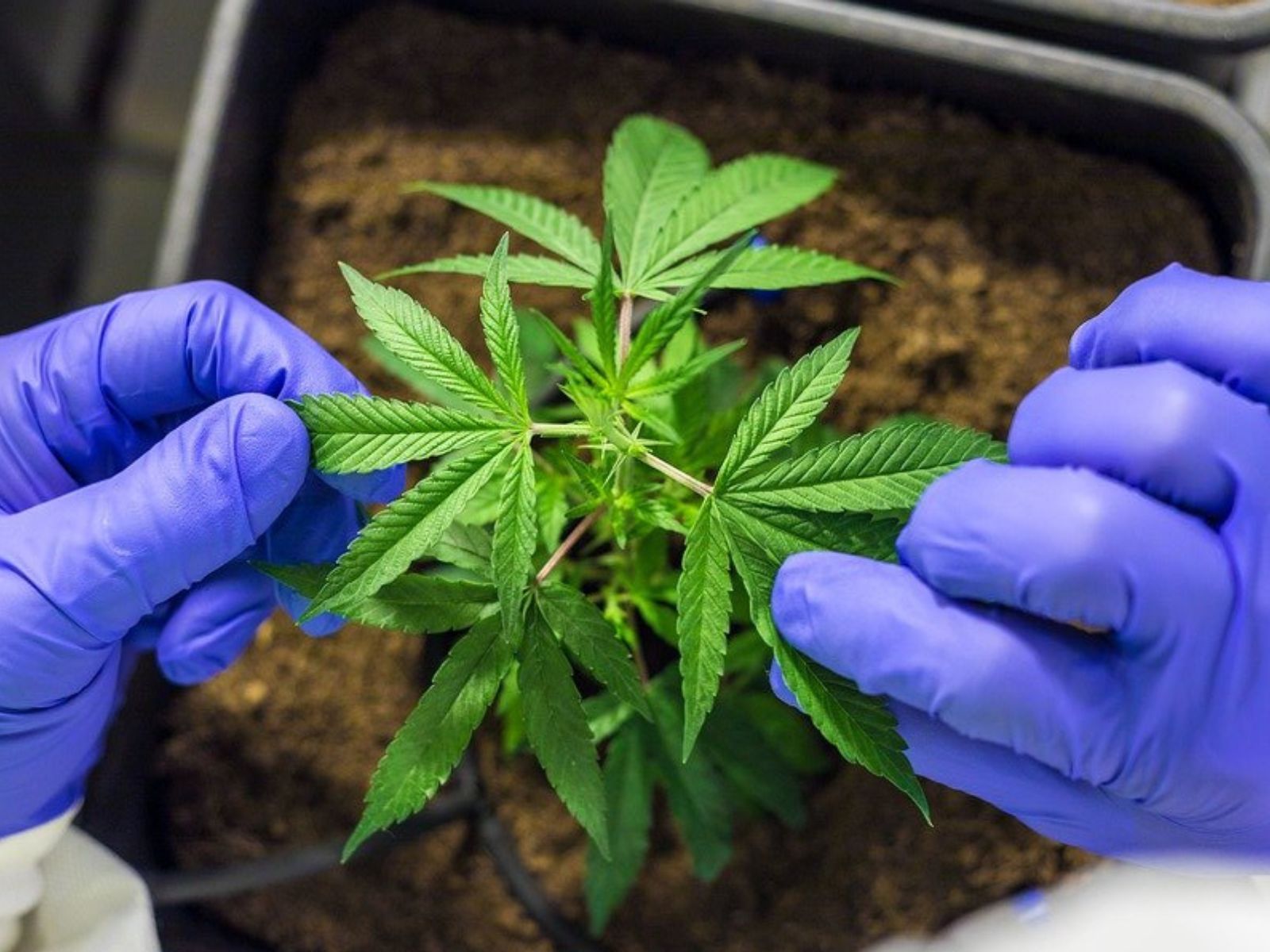
Survey Highlights Potential Fallout Of German Draft Amendment

Survey Highlights Potential Fallout Of German Draft Amendment
Germany continues to serve as the largest legal medical cannabis market in Europe, with domestic sales increasing every quarter in recent years. Medical cannabis sales have accelerated considerably since April 2024, when Germany enacted the first provisions of its historic CanG law.
Unfortunately, it appears that not everyone in Germany’s governing coalition is happy with the country’s medical cannabis industry growth. Last month, Germany’s Health Ministry released a draft medical cannabis amendment that would overhaul medical cannabis regulations, and not in a good way. The proposed changes contained within the draft amendment include:
- Mandatory in-person doctor consultations
- A ban on mail-order medical cannabis dispensing
- Stricter rules for medical cannabis prescriptions
A recent survey conducted by MedCanOneStop of 9,583 German medical cannabis patients demonstrates the potential fallout that could result from the proposed changes by Germany’s Health Ministry.
“The Federal Ministry of Health’s (BMG) planned changes to restrict digital access to medical cannabis care are met with widespread rejection among patients. 92.6% of patients report fearing a return to illegal channels if telemedicine options are made more difficult. At the same time, 59.2% would turn to the black market if digital access were lost. 23.8% would rely on home cultivation, and only 5.3% would seek medical advice from an on-site doctor. This is shown by a new survey by MedCanOneStop (MCOS GmbH).” stated MedCanOneStop in a press release about their survey’s results (translated from German to English).
“The current BMG draft bill includes, among other things, a mandatory in-person prescription for cannabis flowers and a ban on mail-order sales of flowers. From the respondents’ perspective, this would have significant market consequences: 96.7% expect access restrictions to lead to growth in the black market, 82.8% even expect it to grow significantly. Conversely, 84.7% report that the legal, medically supervised route has significantly to very significantly weakened the black market.” the survey also found.
“The data clearly shows: Low-threshold access keeps people in the medically supervised, safe system.” said Cedric Lehmann, founder and CEO of MedCanOneStop.
The survey also found that 75.6% of respondents would “accept a mandatory annual medical video appointment” and 93.6% indicated that they would be willing to pay for the annual appointment, “provided the costs remain fair.” Traveling distance, waiting time, and pricing were cited by respondents as their main concerns regarding the proposed in-person appointment requirement.
MedCanOneStop’s survey findings largely echo similar findings from a separate survey conducted by Frankfurt-based Bloomwell Group. Below are some of the key findings from Bloomwell’s survey results:
- 41.7% of patients would revert to the unregulated market if telemedicine were prohibited
- Only 7% would consider joining one of Germany’s adult-use cannabis clubs
- 79% of patients previously relied on unregulated sources prior to benefitting from telemedicine options
- 47.5% of survey participants indicated that cannabis obtained from pharmacies is less expensive compared to unregulated sources
- 83% believe medical cannabis from pharmacies is of higher quality than unregulated alternatives
“Respondents in the latest survey have yet again voiced significant concerns about illegal products. However, the majority said that if digital access were restricted—as currently proposed by some politicians—they would have no alternative except to return to obtaining their cannabis from illicit sources.” stated Dr. Julian Wichmann, Co-Founder and CEO of Bloomwell GmbH, at the time the survey results were published.
“Ironically, the allegations of misuse relate to prescription medication, where limiting digital access would have only negative consequences—for patients, the economy, the justice system, the state, and public health.” Dr. Wichmann continued.
“At the same time, we see consistent, widespread misuse of numerous other prescription drugs with high dependency potential and serious side effects — but there is currently no comparable evidence that pharmacy-grade medical cannabis poses the same risks. From a medical perspective, a re-criminalization of hundreds of thousands of cannabis patients must be avoided at all costs.” Dr. Wichmann also stated.
“A majority of Germans now support full legalization, and the medical benefits of cannabis are widely accepted across all social strata. The premise that politicians are seriously considering slowing digital innovation in an already overburdened healthcare system, re-criminalizing patients, threatening jobs, and forfeiting tax revenue is beyond absurd—and would be laughable if the consequences for patients and public health weren’t so serious.” stated Niklas Kouparanis, Co-Founder and CEO of Bloomwell Group.
Share article
Ticket Prices increase
JANUARY 28

Ticket Prices increase
JANUARY 28

Ticket Prices increase
JANUARY 28
Join Our Awesome Community
Join Our Awesome Community
Join Our Awesome
Community
Get all the latest industry news
delivered to your inbox







